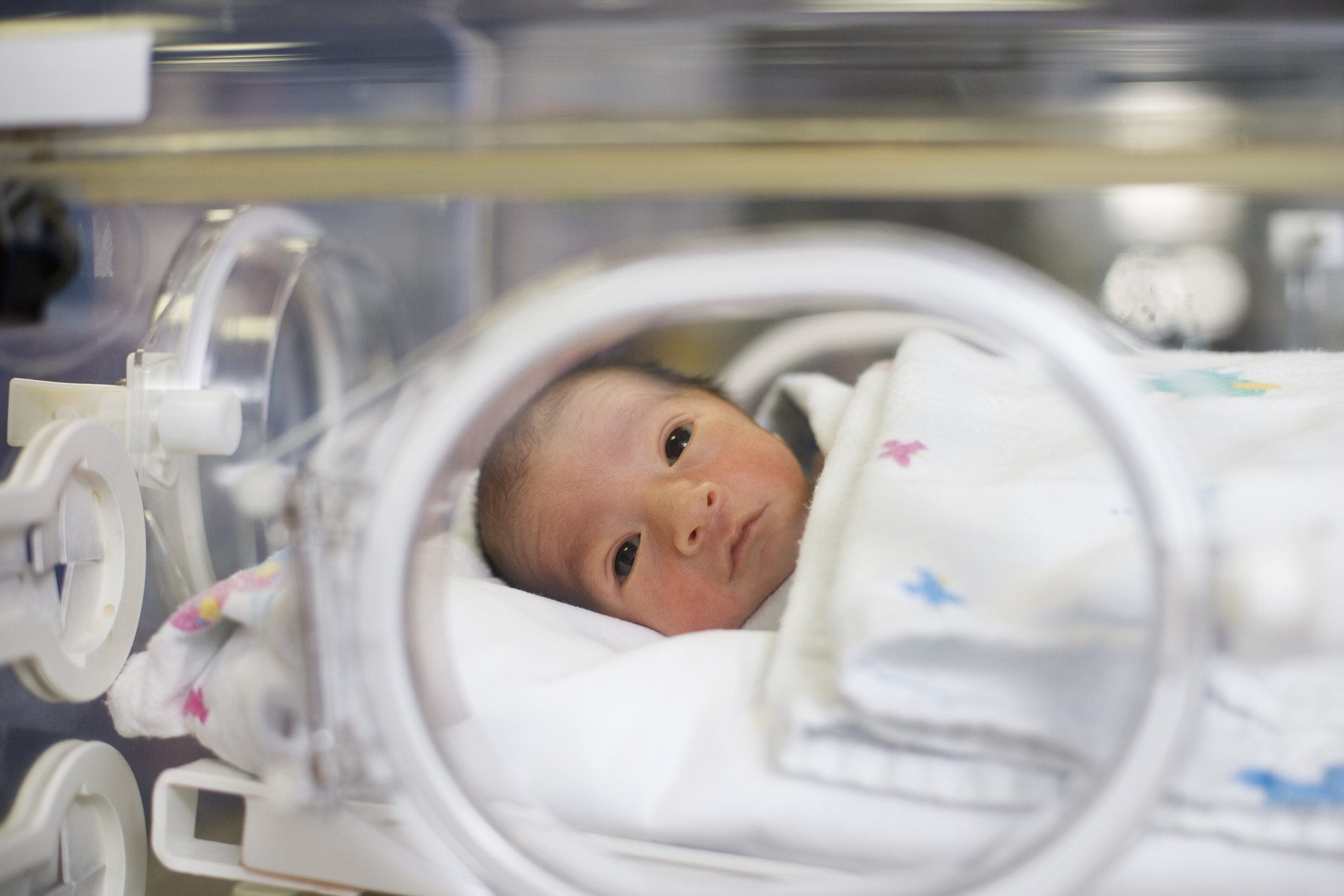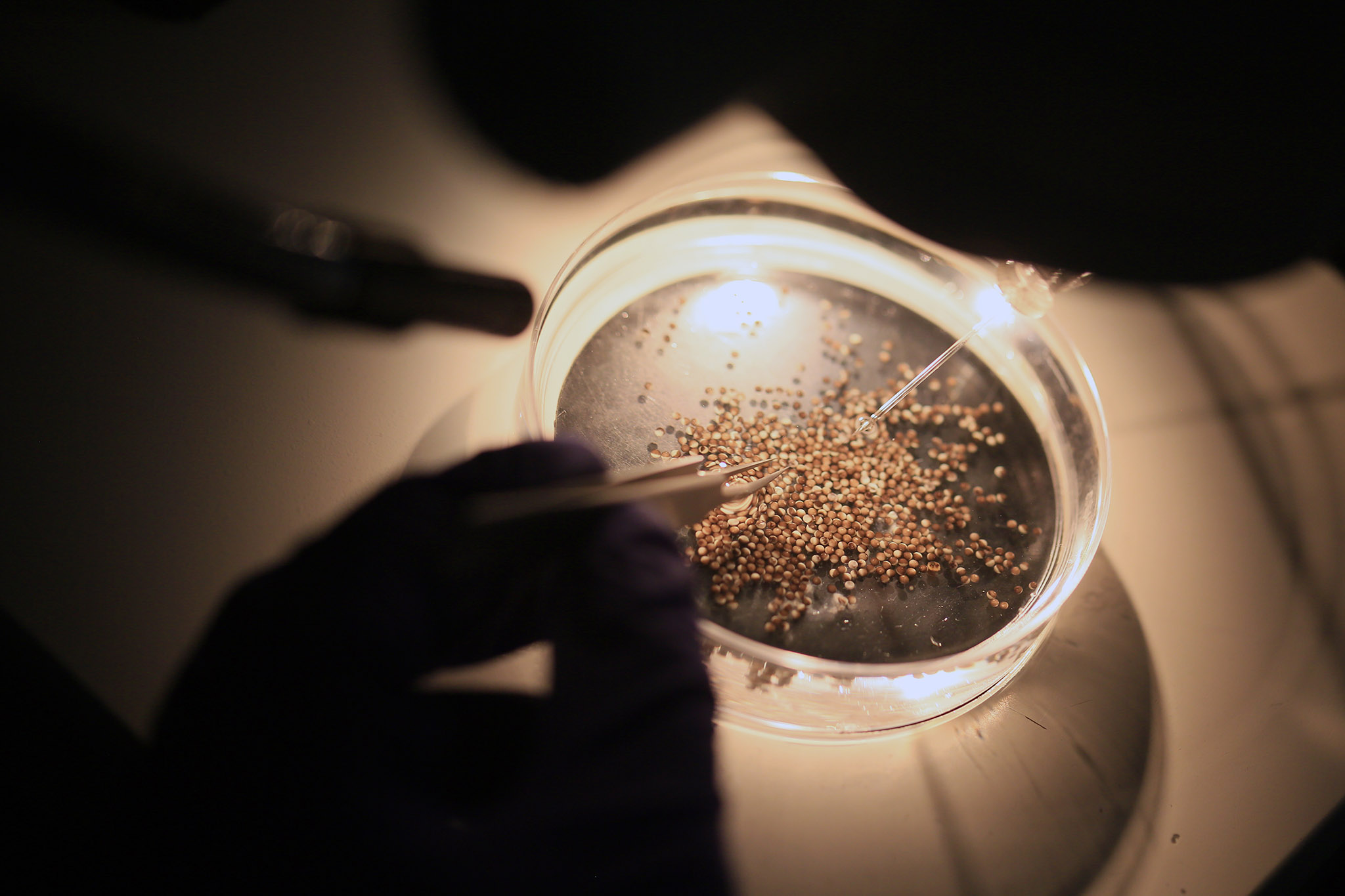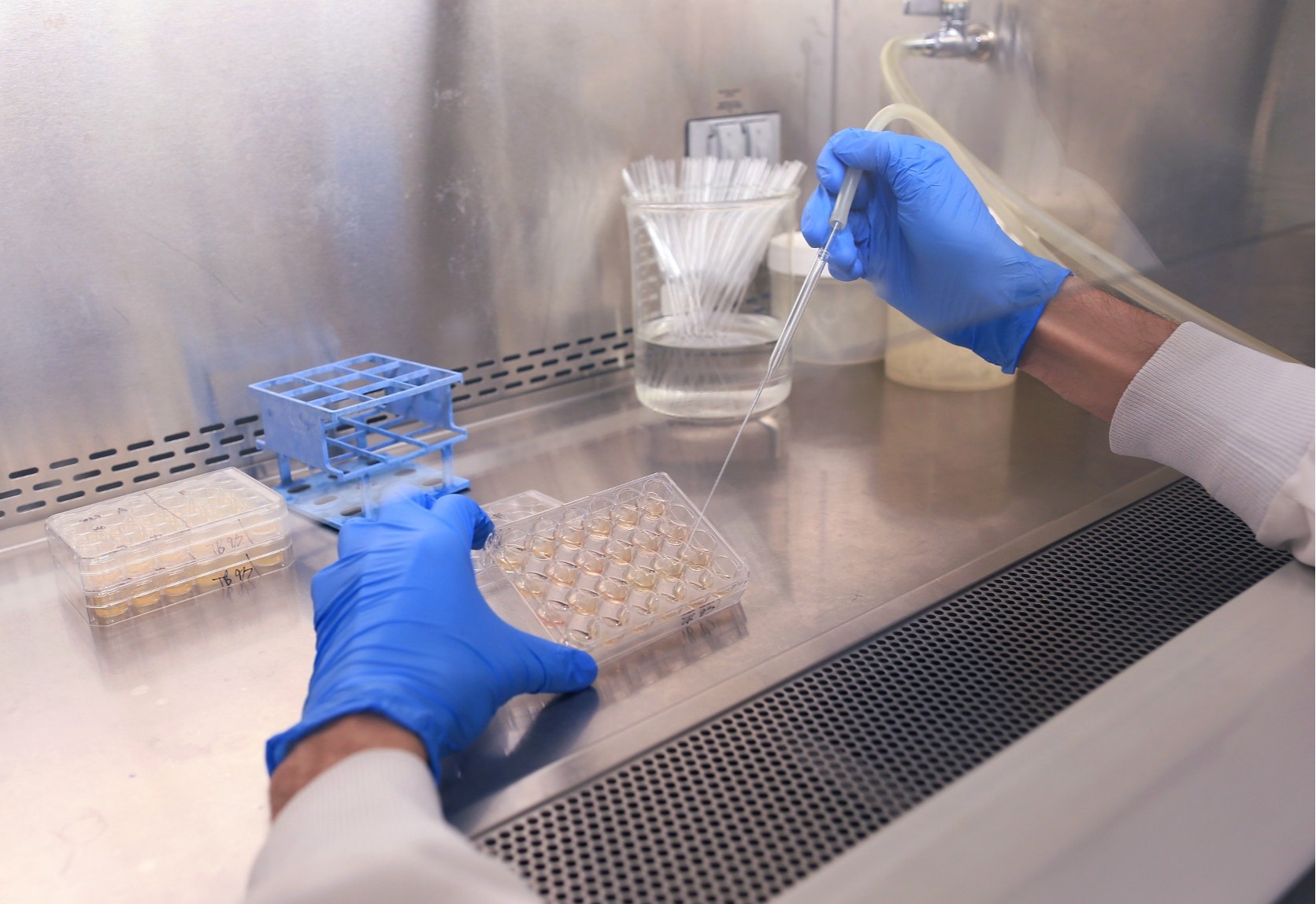Researching the cause of trachea-esophageal birth defects
The CLEAR Consortium is a collaborative research program dedicated to discovering the genetic causes of trachea-esophageal birth defects, such as esophageal atresia and tracheoesophageal fistula (EA/TEF). Funded by the Eunice Kennedy Shriver National Institute of Child Health and Human Development, our goal is to better understand the origin of these conditions, enhance diagnosis and improve treatment.
About
Learn about the consortium mission, approach, research team, and lead organizations.
Learn More →
Researchers
Learn about the consortium research projects, external resources, and how to join as a research collaborator.
Learn More →
FAMILIES
Learn about trachea-esophageal birth defects, advocacy and medical support, and research study participation.
Learn More →
Click here to participate in this study.
Research breakthroughs
CLEAR consortium members discover a genetic network that when disrupted in the developing fetus can cause tracheomalacia, a condition where the trachea collapses due to lack of cartilage. Read more →
A collaboration between CLEAR Consortium and RIKEN, Japan’s largest comprehensive research institution, advances efforts to use human stem cells to grow the trachea and esophagus tissue in the lab. Findings were published in back-to-back reports in Nature Communications. Read more →
Published in European Journal of Human Genetics, a team led by Drs. Wendy Chung, Yufeng Shen and the CLEAR consortium identify novel candidate gene mutations in esophageal atresia/tracheoesophageal fistula (EA/TEF) patients. Read More →
Research conducted by Dr. Aaron Zorn and the CLEAR Consortium, published in Developmental Cell, uncovers the biomechanics and molecular pathways of how the trachea and esophagus form and how mutations can cause birth defects. Read More →
Contact us at CLEARConsortium@cchmc.org











